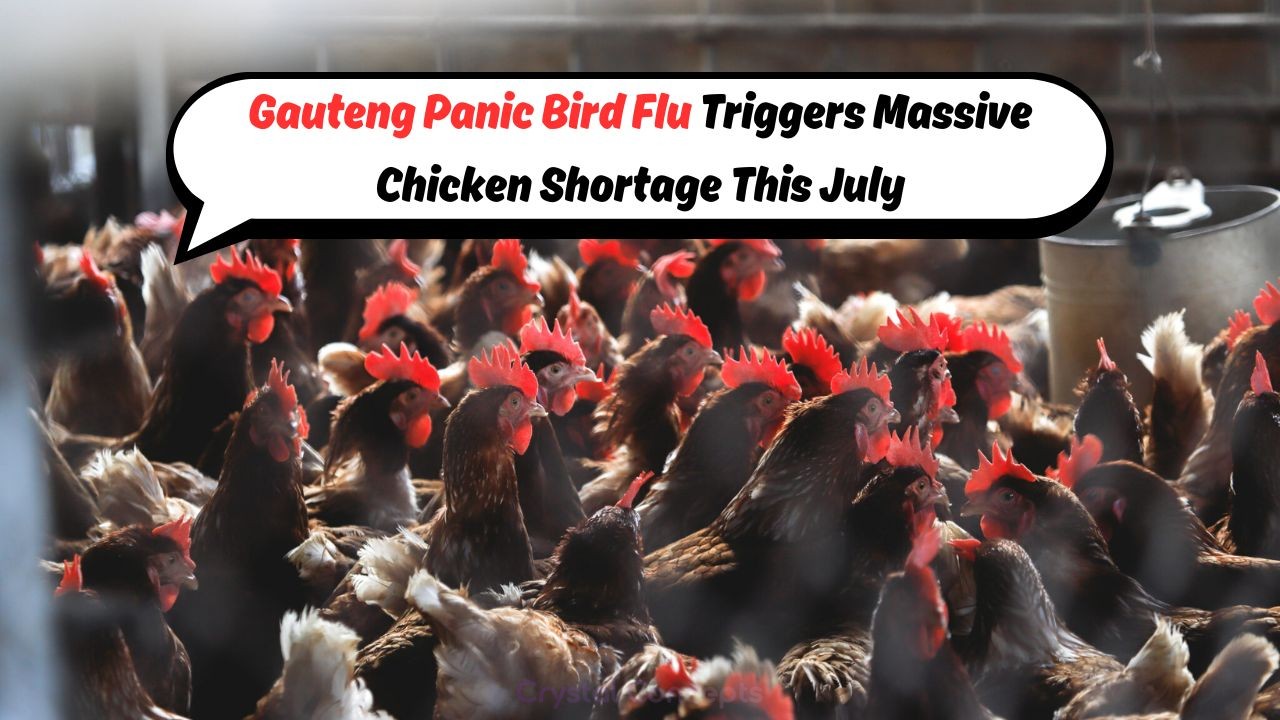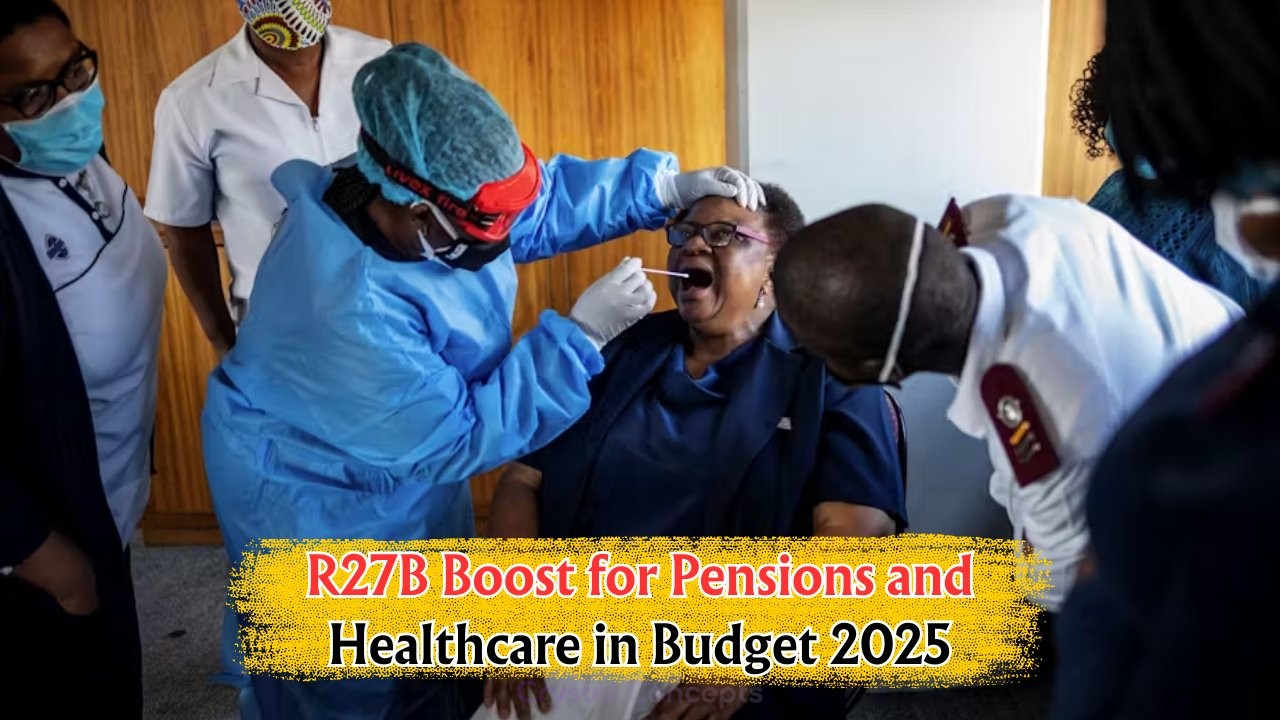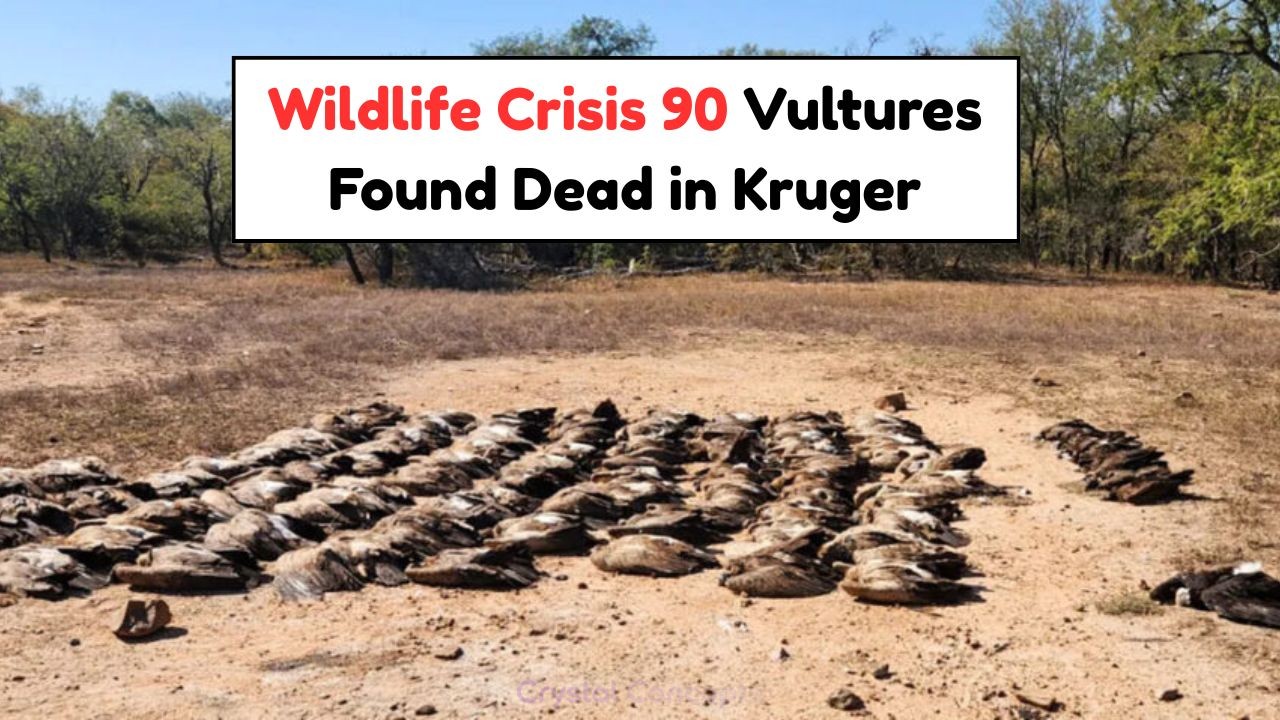Gauteng Bird Flu Crisis: In July, an alarming bird flu outbreak in Gauteng has raised significant concerns about a looming chicken shortage and potential price increases across South Africa. This outbreak, occurring amidst the already challenging economic conditions, has triggered widespread apprehension among consumers and industry stakeholders alike. With the poultry industry being a crucial component of the South African economy, any disruption to its supply chain can have far-reaching consequences. As local authorities and farmers scramble to contain the outbreak, the focus is now on mitigating its impact on chicken availability and pricing.
Understanding the Gauteng Bird Flu Outbreak
The bird flu outbreak in Gauteng has been identified as a highly pathogenic avian influenza (HPAI) strain, which poses a severe threat to poultry populations. This particular strain is known for its rapid transmission and high mortality rates among birds. The outbreak has primarily affected commercial farms in the region, leading to significant losses in poultry stocks. Experts believe that the virus could have been introduced through migratory birds, which are common carriers of avian influenza viruses.
- The virus has spread rapidly, affecting multiple farms.
- Containment measures include culling infected flocks.
- Biosecurity protocols are being reinforced across farms.
- Monitoring and surveillance efforts have been intensified.
- Authorities are collaborating with international experts for insights.
- Emergency response teams have been mobilized to affected areas.
- Public awareness campaigns are underway to inform consumers.
Potential Impact on Chicken Supply and Prices
The outbreak’s impact on the chicken supply chain is expected to be significant, given the scale of the poultry industry in South Africa. With Gauteng being a major hub for poultry production, the disruption could lead to a reduction in chicken availability in both local and national markets. As supply diminishes, the pressure on prices is likely to increase, leading to a potential surge in chicken prices across retail outlets.
| Factor | Impact on Prices |
|---|---|
| Reduced Supply | Increased Prices |
| Increased Demand | Further Price Surge |
| Import Costs | Higher Retail Prices |
| Logistical Challenges | Price Fluctuations |
Government and Industry Response to the Bird Flu
The South African government, alongside industry stakeholders, has initiated a series of measures to address the bird flu outbreak in Gauteng. These measures are aimed at containing the virus and ensuring the stability of the chicken supply. The Department of Agriculture has implemented strict biosecurity measures, while also working closely with poultry farmers to manage and control the spread of the disease.
- Implementation of quarantine zones around affected areas.
- Financial assistance to support farmers facing losses.
- Collaboration with international health organizations for guidance.
- Intensified surveillance and testing on poultry farms.
- Public advisories on poultry consumption and safety.
- Research initiatives to develop effective vaccines.
- Regular updates to keep the public informed about the outbreak status.
- Encouragement of local production to reduce import dependency.
Market Trends and Consumer Behavior
| Month | Chicken Demand | Price Trend | Consumer Confidence |
|---|---|---|---|
| July | High | Rising | Low |
| August | Moderate | Stable | Improving |
| September | Fluctuating | Variable | Uncertain |
| October | Increasing | Decreasing | Improved |
Long-term Solutions for the Poultry Industry
In response to the bird flu outbreak, the South African poultry industry is exploring long-term solutions to enhance resilience against future threats. These solutions focus on improving biosecurity measures, diversifying supply sources, and enhancing overall industry sustainability. By implementing these strategies, the industry aims to safeguard against similar crises and ensure a stable chicken supply for consumers.
- Investing in research and development for more effective vaccines.
- Strengthening biosecurity protocols across all poultry farms.
- Promoting local production and reducing reliance on imports.
- Enhancing supply chain resilience through diversification.
- Educating farmers on best practices for disease prevention.
- Developing early warning systems for potential outbreaks.
- Encouraging consumer awareness about responsible poultry consumption.
- Fostering collaboration between government and industry stakeholders.
Looking Ahead: Ensuring Food Security
| Strategy | Goal | Stakeholders | Timeline |
|---|---|---|---|
| Resilient Supply Chains | Stable Food Supply | Government, Industry | 2023-2025 |
| Biosecurity Enhancements | Disease Prevention | Farmers, Researchers | Ongoing |
| Consumer Education | Informed Choices | Public, Retailers | Immediate |
| Research and Development | Innovative Solutions | Academia, Industry | Long-term |
FAQ Section: Gauteng Bird Flu and Its Implications
1. What caused the bird flu outbreak in Gauteng?
The outbreak was caused by a highly pathogenic avian influenza strain, likely introduced by migratory birds.
2. How is the government addressing the chicken shortage?
The government is enforcing biosecurity measures and providing financial support to affected farmers.
3. Will chicken prices increase significantly?
Due to reduced supply, prices may rise, but efforts are underway to stabilize them.
4. Is it safe to consume chicken during the outbreak?
Yes, provided it is cooked thoroughly, as the virus does not survive high temperatures.
5. What long-term measures are being considered?
Improving biosecurity, research for vaccines, and enhancing supply chain resilience are key focus areas.










